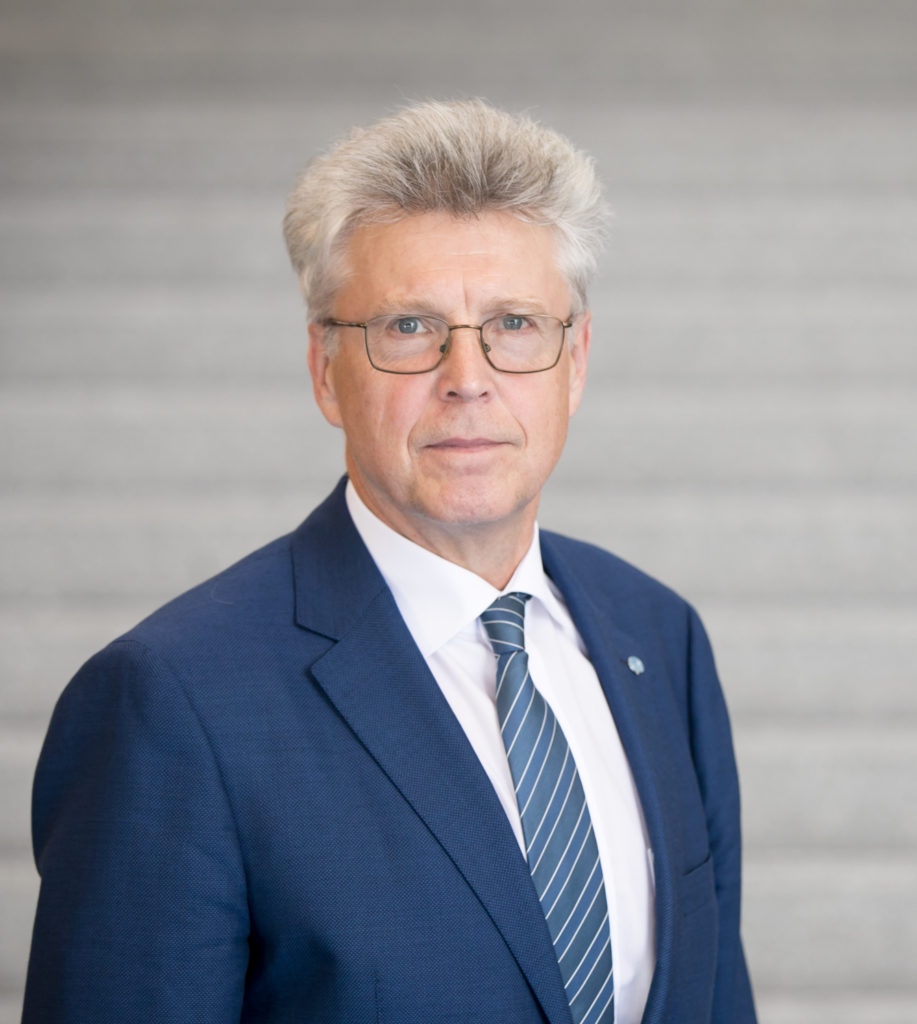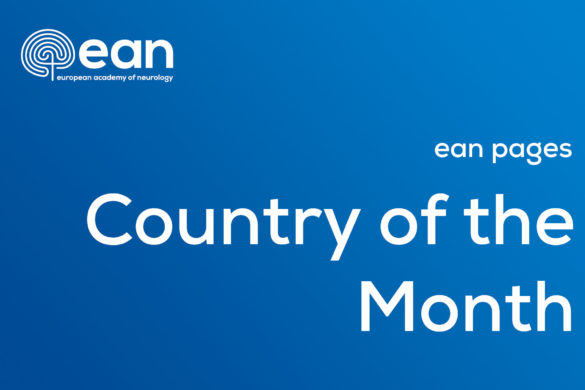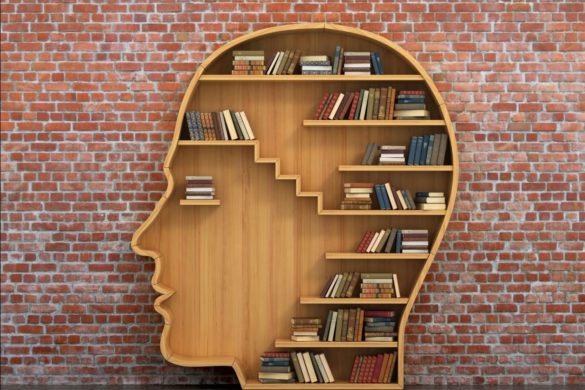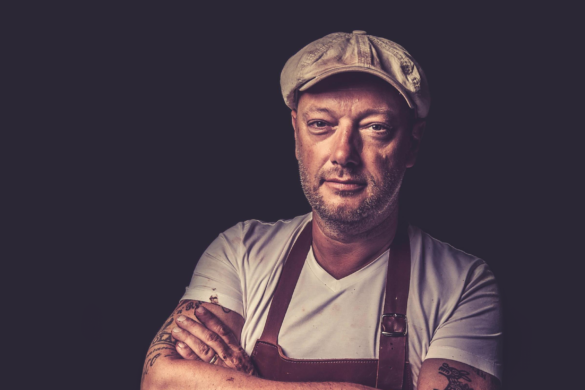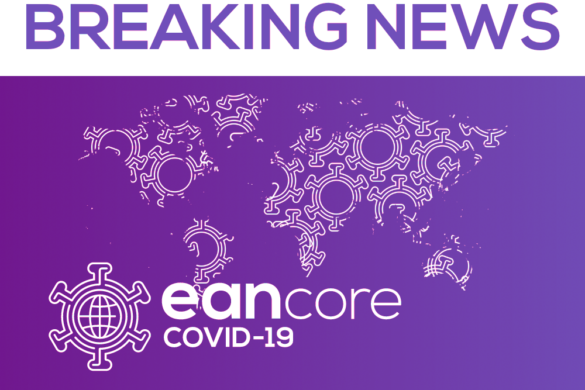by Franz Fazekas
Dear EAN Members, dear Colleagues,
The 4th annual Congress of the European Academy of Neurology just held in Lisbon on June 16th – 19th was a spectacular event. More than 6,700 participants from 104 countries attended the meeting which covered the whole range of neurologic disorders in various formats, and offered altogether 42 scientific and 48 educational sessions. Besides several teaching courses and educational activities, the congress also comprised of 20 case-based workshops and interactive sessions, 7 hands-on courses, and 3 career development sessions. More than 2,100 abstracts had been submitted to share and discuss the latest research findings, and those accepted were presented in several oral as well as e-poster sessions which this year worked out very well. Attendance at the congress was very high despite formidable weather and the surroundings of an exciting city. Very few participants missed out on the numerous highlights of the congress.
My special favourites were the Presidential symposium with the named lectures and the two new formats of interactive congress participation explored this year, i.e., the Brain Challenge and the Clinical Grand Rounds. I also experienced great enthusiasm with the focused workshops, and enjoyed very much the often challenging questions of the attendees striving for an in depth understanding of the topic. Altogether, there was a spirit of novelty, curiosity and excitement about new developments in so many areas of our speciality. We have been very fortunate to experience this dynamic evolution.
We thank so much our Portuguese friends and colleagues from the local organizing committee for all their efforts to make the congress also a socially enjoyable event. Besides all possibilities for scientific exchange, our congress is really a place where we can deepen personal relations, exchange ideas, and make common plans so that our motto “Home of Neurology “gets a true meaning. It seems that we are increasingly well succeeding in this.
Personally, the congress in Lisbon will also remain the most special event for myself as I took over the presidency of the society from Prof. Günther Deuschl. This is both a big challenge and an exciting task considering the many activities which EAN has already embarked on and which have to be successfully continued together with the need to target new goals. I am relieved by the fact that Prof. Deuschl will stay on the Executive Board as Past President, and by the election of an excellent team of Board Members by the Assembly of Delegates. These new members are Prof. Claudio Bassetti (President Elect), Prof. Marianne de Visser (Secretary General), Prof. Elena Moro (Treasurer), Prof. Dafin Muresanu (Chair of the Communication Committee) and Prof. Marie Vidailhet (Chair of the Scientific Committee). Together we will now choose two further Board members who will be the chairs of the education committee and of the program committee. In this context, it is reassuring that so many excellent European neurologists are willing to devote their time and energy to advance our society. This has been confirmed also by the number of applications and partly close decisions in the elections to the new board at the Assembly of Delegates. I want to thank all of them.
The EAN congress has also offered the possibility to meet with other societies caring for general neurology, like the World Federation of Neurology and the American Academy of Neurology, with European societies concentrating on specific areas of Neurology, and with the European Federation of Neurologic Associations representing patient organizations. These meetings served to define common strategies and to increase our mutual understanding. It is in the highest interest of neurology and the EAN to cooperate with all these forces in a synergistic manner. The EAN considers itself happy to serve as catalysing factor towards the best quality of care for neurologic patients all across Europe.
The next September the outgoing and incoming members of the EAN Executive Board will meet to revisit the many achievements of the past four years and the ongoing projects. We will discuss current challenges and needs for action to define the goals and strategies of our society for the next two years. Members of the Board and myself will regularly update you on these plans and developments. To be able to cope with all envisioned tasks and projects, however, work for the society has to go far beyond the Board and the colleagues working in committees and scientific panels. In his opening speech at the congress in Lisbon, Prof. Deuschl noted that an estimated 1,300 people currently work for EAN. Even if this is impressive we certainly need many more supporters, and every input is highly appreciated. Therefore, I invite all of you to get as actively involved in the EAN as possible – and there are innumerable possibilities how you can contribute. Only together we will be able to keep Neurology on the move.

